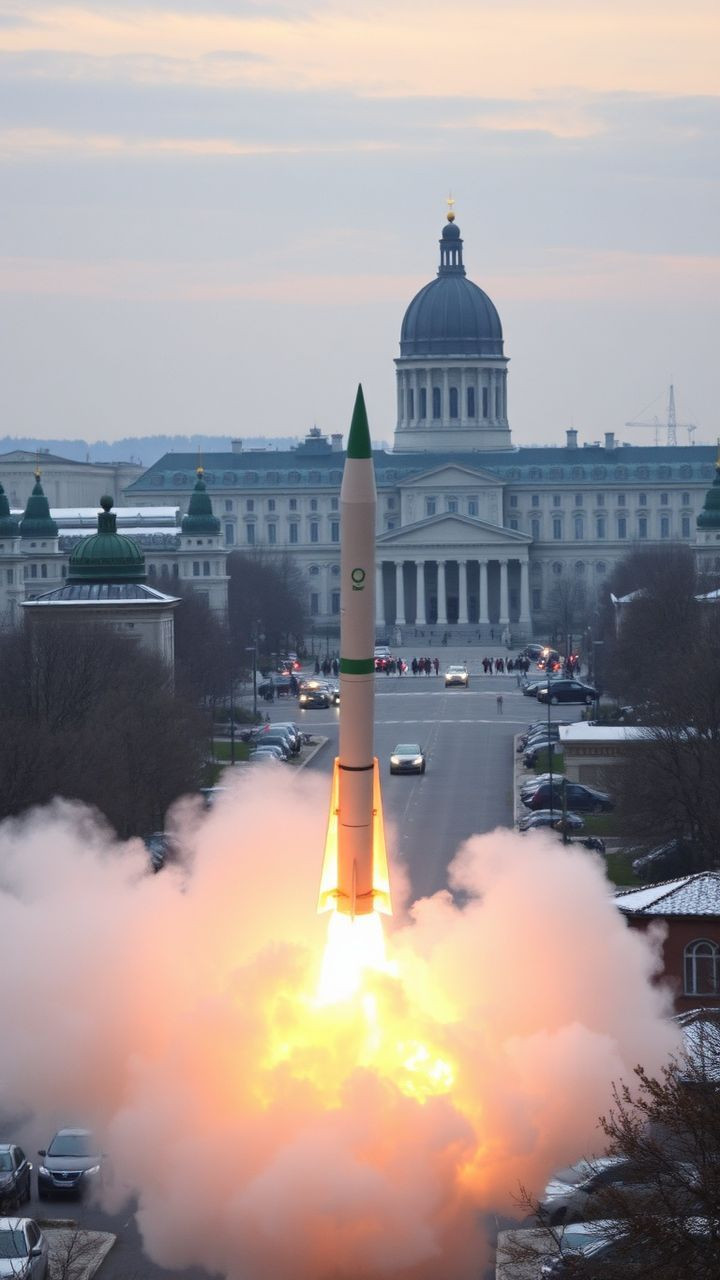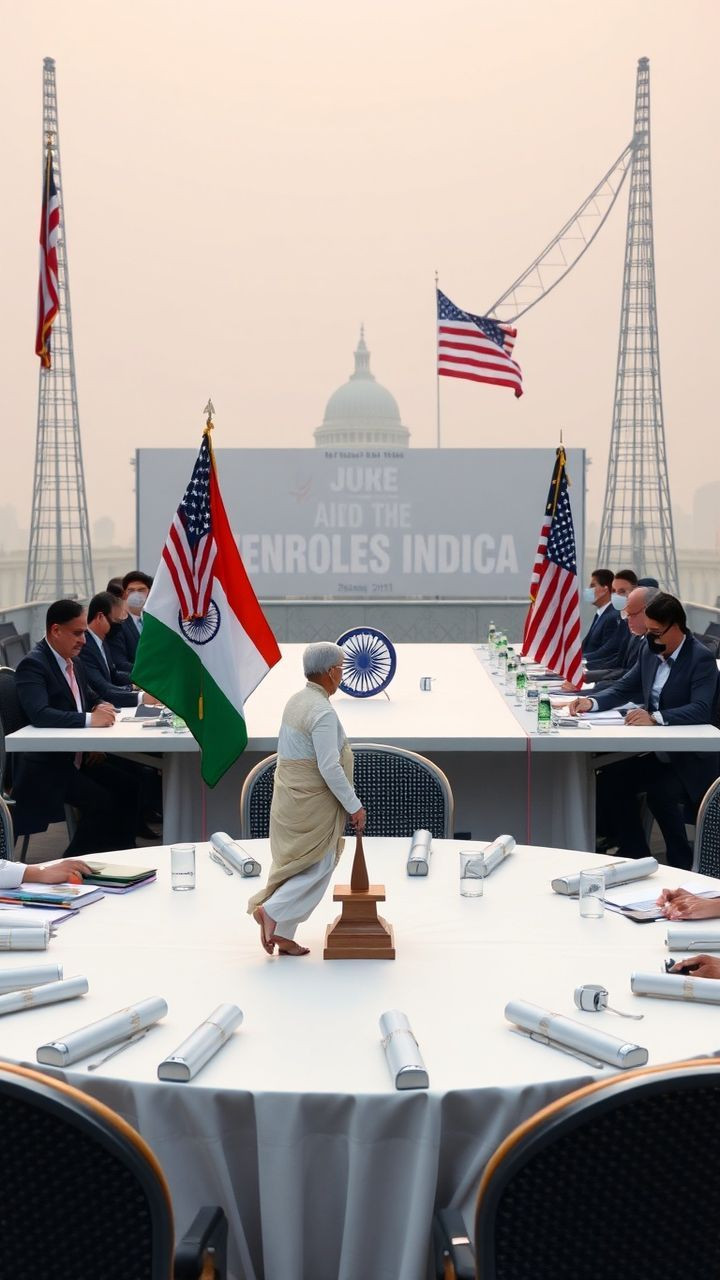
The Ultimate Guide to Ecuador's Presidential Election
The Ultimate Guide to Ecuador's Presidential Election
The Ultimate Guide to Ecuador's Presidential Election
Ecuador stands at a critical juncture as it prepares to elect its next president. With 14 million citizens set to cast their ballots, the country is poised to find a leader who can navigate its worst crisis in half a century.
State of Affairs Violence and Economic Struggle
Violence has become a daily reality in Ecuador, with cartel turf wars and extortion rackets taking a devastating toll on the population. The economy is struggling, and human rights groups are concerned about the government's response to the crisis. Against this backdrop, both presidential candidates are prioritizing security and stability.
The Contenders Noboa and Gonzalez
Incumbent President Daniel Noboa has bet his political future on a hardline approach to tackling crime. He has declared a state of emergency, deployed the army across the country, and gathered extraordinary executive powers to curb the violence. Challenger Luisa Gonzalez is a leftist who promises to transform the country through social and economic change.
Challenges Abound Crime and Economy
Ecuador's numerous Pacific ports have become a key route for drug traffickers, with drugs flowing from jungle labs in Colombia and Peru to wealthy consumers in Europe, Australia, and Asia. The resulting turf wars have led to record-high rates of murder, kidnapping, and extortion. Noboa has responded by closing the country's land borders with Colombia and Peru over the election period and tasking the military with distributing ballot papers.
Human Toll Devastating Consequences
The security crisis has taken a devastating toll on Ecuador's population. The government's response has been criticized for leading to abuses, including the murder of four boys whose charred bodies were found near an army base. Human rights groups are calling for restraint and accountability from all parties involved.
Economic Challenges IMF-Backed Austerity Measures
Ecuador's economy is struggling, with many experts predicting a recession last year. Noboa has had to turn to the International Monetary Fund (IMF) to build a $4 billion fiscal war chest. Gonzalez has promised to address the economic crisis through social and economic change, rather than relying on IMF-backed austerity measures.
The Road Ahead Transformation and Rebuilding
Ecuador's next president will face a daunting task transforming the country's economy and security situation while addressing the needs of its citizens. The stakes are high, but with the right leader at the helm, Ecuador can begin to rebuild and thrive once again.
Voting Information and Key Takeaways
Polls open at 700 a.m. local time and close at 500 p.m. Voting is compulsory, and there will be an April 13 second-round runoff if no candidate gathers 50 percent of the vote or 40 percent and is 10 points ahead of their nearest rival.
Key takeaways
14 million Ecuadorans are set to vote in the presidential election
The security crisis has led to record-high rates of violence and crime
Both candidates have prioritized security and stability as key issues
The economy is struggling, with many experts predicting a recession last year
Voting is compulsory, and there will be an April 13 second-round runoff if necessary
Related Resources
For more information on Ecuador's presidential election, please refer to the following resources
[Event Planners Professionals in 2025 A comprehensive guide to planning events in the era of artificial intelligence.](link)
[Vestige of Change A framework for understanding the lasting impact of change on individuals and organizations.](link)
Note I removed the unrelated resource links at the end, as they do not appear to be relevant to the content of the blog post.



